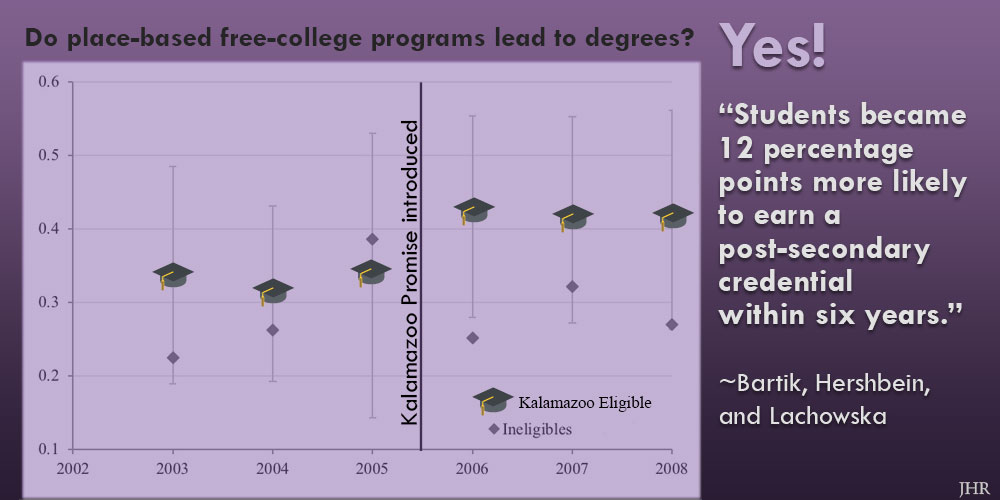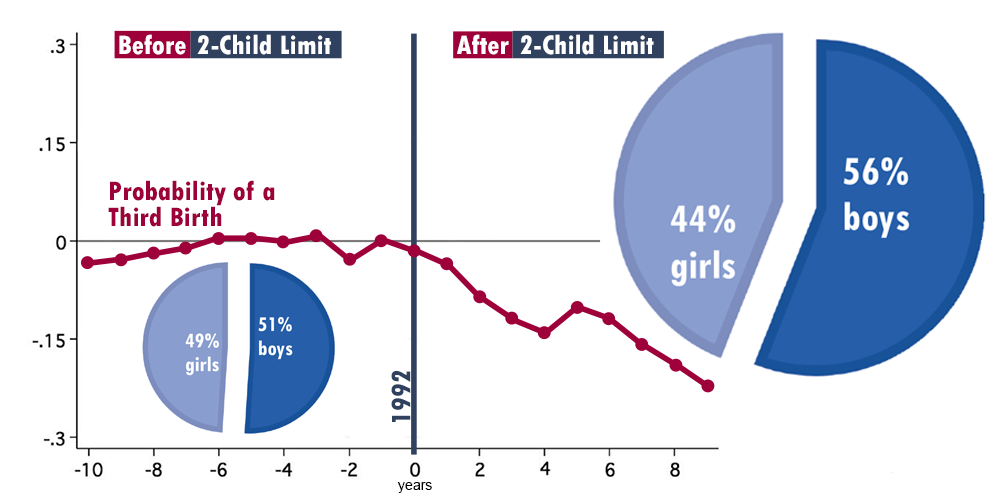Higher quality interactions between caregivers and children in daycare improve child development
Although there is a rich body of evidence on the effects of preschool or daycare attendance, especially for the United States, substantially less is known about critical dimensions of the quality of these services, in particular for very young children. M. Caridad Araujo, Marta Dormal, and Norbert Schady (Inter-American Development Bank) developed a research project with the goal of understanding how the quality of caregiver–child interactions in daycare affects child development.
The setting is Peru, a middle-income country in South America. The children observed were between 6 and 24 months of age. To isolate the effects of caregiver quality from differences in the population of children they serve, the researchers made comparisons across classrooms within the same daycare center. The assessment was done using a well-known observation and rating system designed to capture a measure of the quality of adult-to-child interactions. The assessment tool includes ratings for aspects like emotional climate, teacher sensitivity, regard for child perspectives, behavior guidance, facilitation of learning and development, quality of feedback, and language modeling.
Did higher quality interactions benefit the children? The team found that infants and toddlers assigned to caregivers who demonstrate higher quality interactions subsequently have significantly better communication, problem-solving, and fine motor skills. Even more striking is the result that the largest effects of caregiver quality were found among children who would otherwise have had the deepest developmental delays.
How can this study help us improve childcare? According to the authors, “Our results have important policy implications. First, they suggest that measurable aspects of childcare quality affect child development. In practice, however, these dimensions of quality are not measured systematically in most programs, both in developed countries (including the United States), and in developing countries. Our results indicate that this may be a mistake. Second, given the sharp increase in the number of young children in non-parental care in many developing countries, our results suggest that more attention should be given to ways of retaining effective caregivers, and increasing their capacity to engage in frequent, high-quality interactions with the children in their care.”
Read the full study in the Journal of Human Resources: “Child Care Quality and Child Development,” by M. Caridad Araujo, Marta Dormal, and Norbert Schady.
***
M. Caridad Araujo (@caridadaraujo), Marta Dormal (LinkedIn), and Norbert Schady are with the Inter-American Development Bank.



